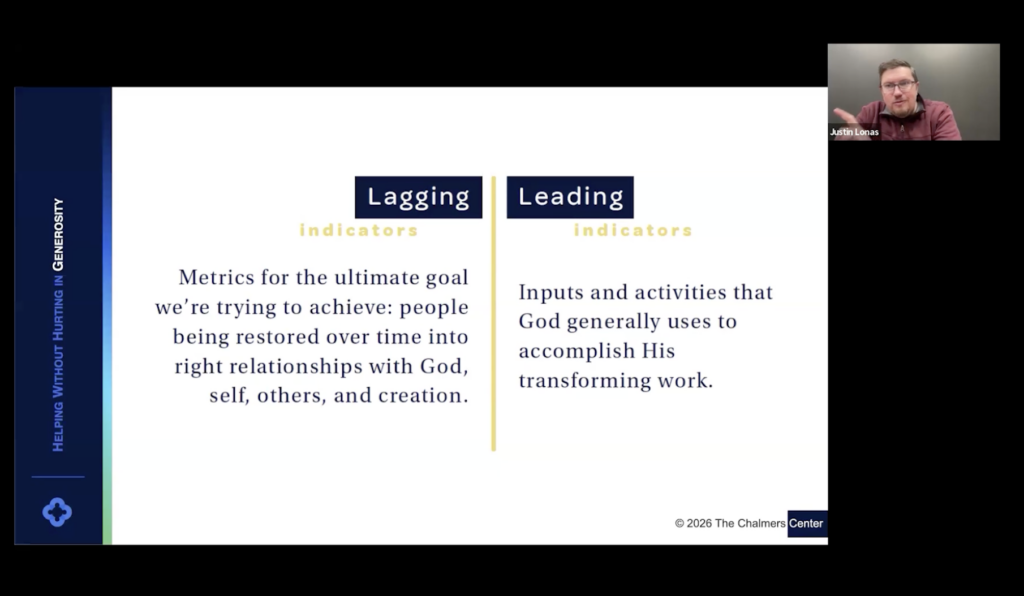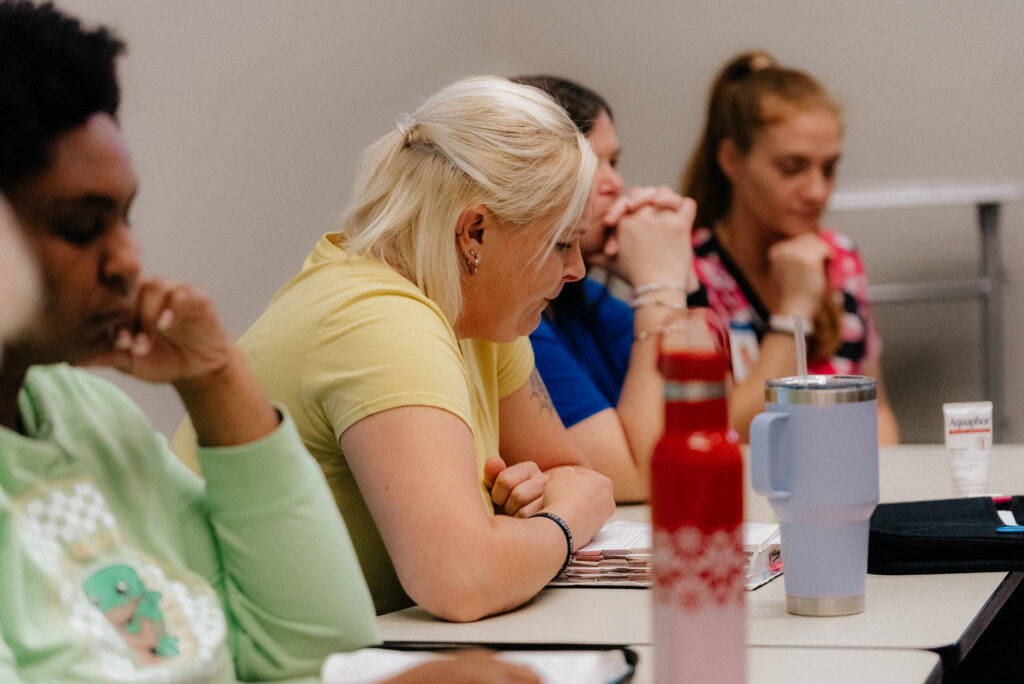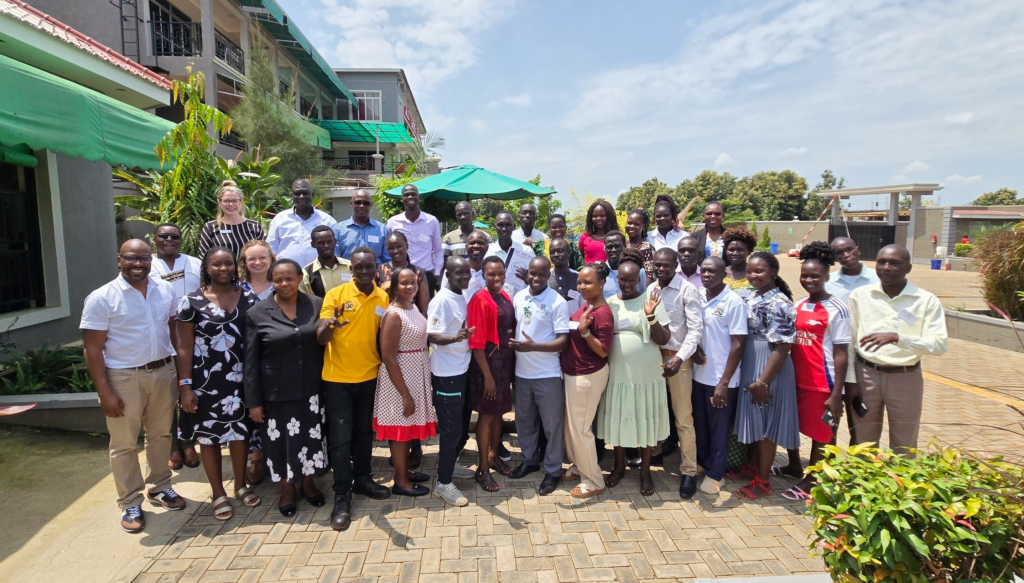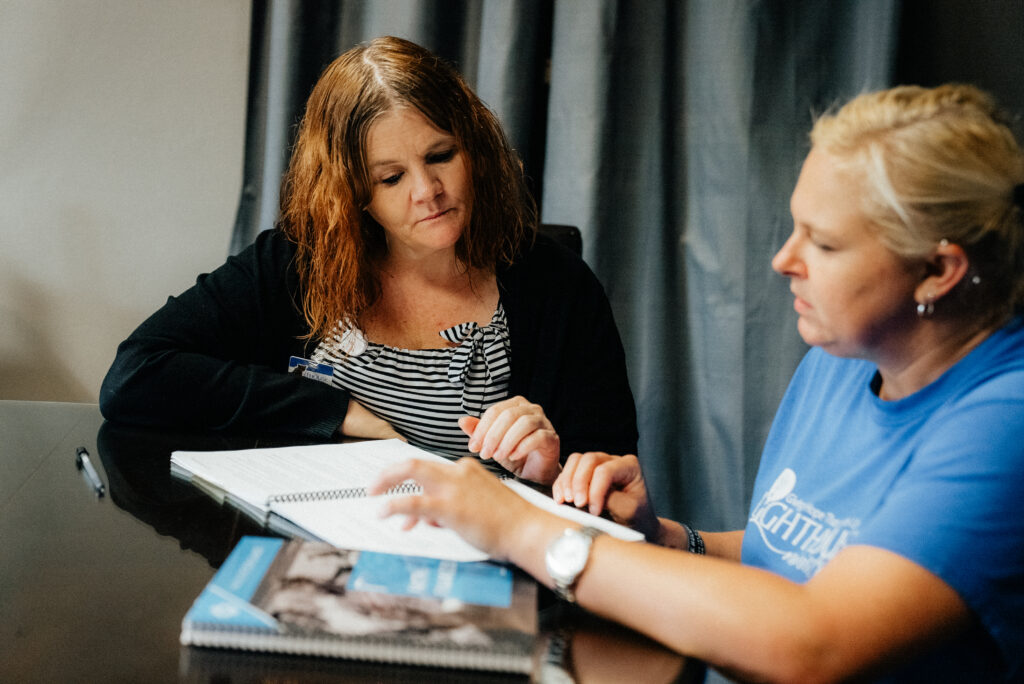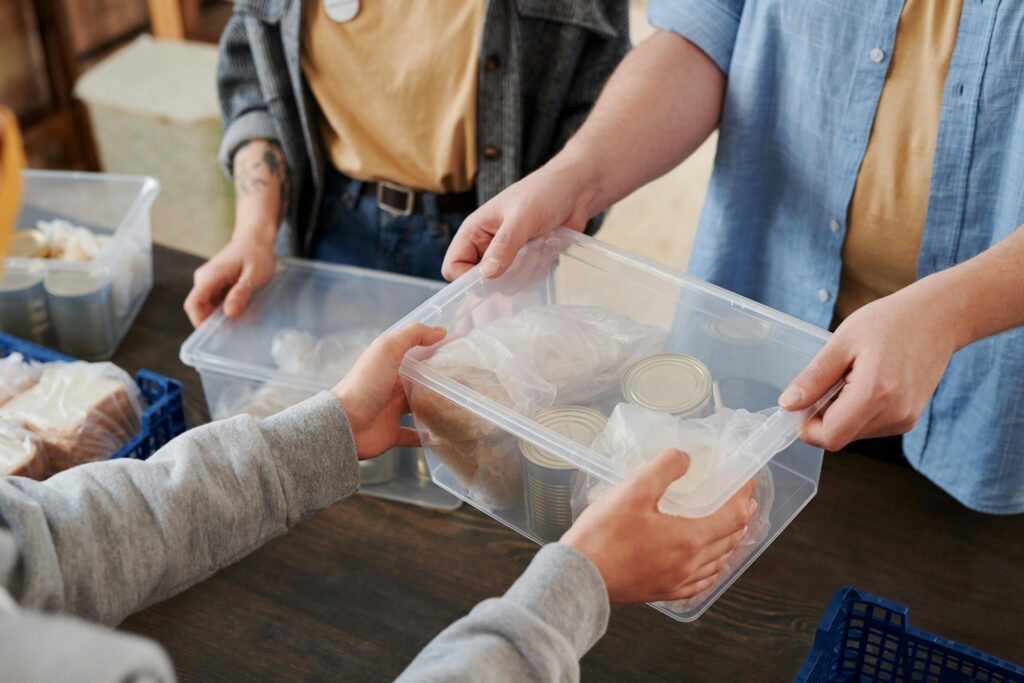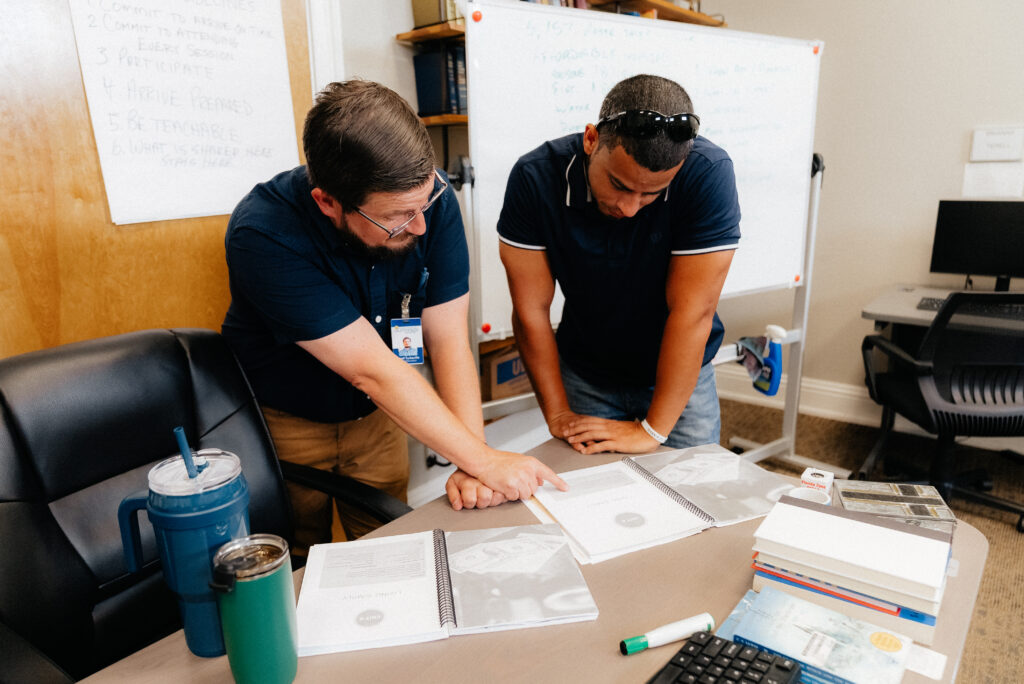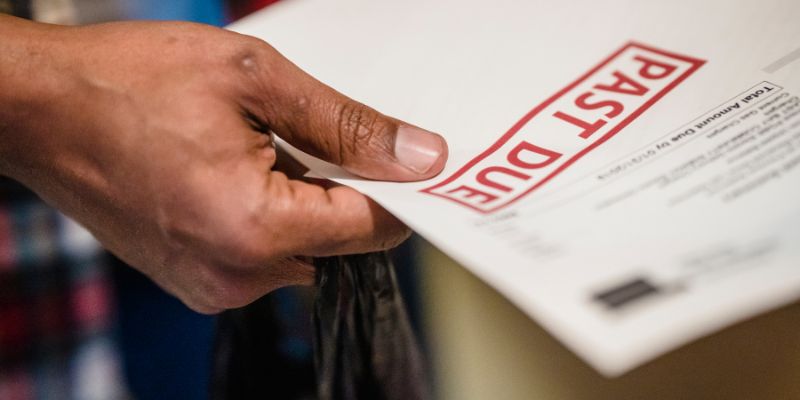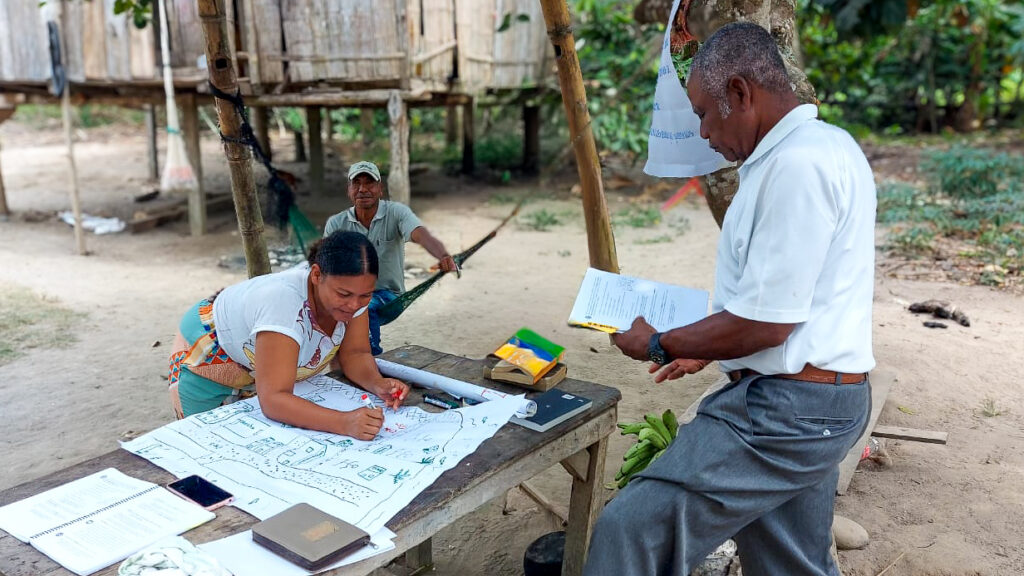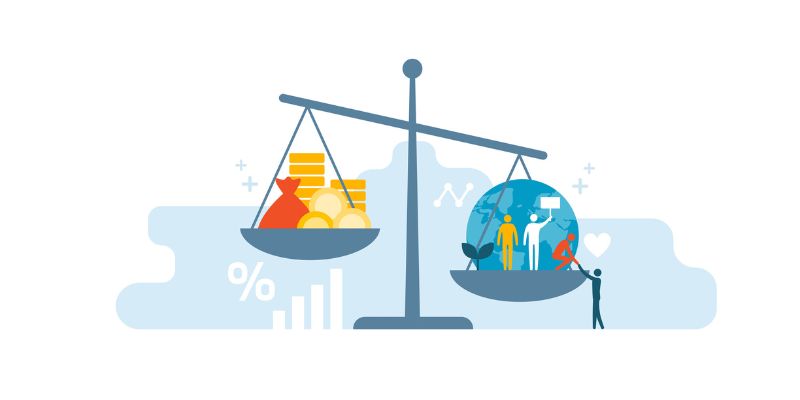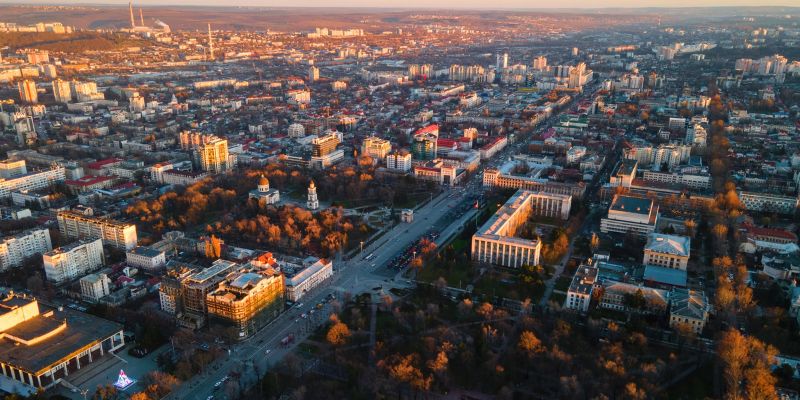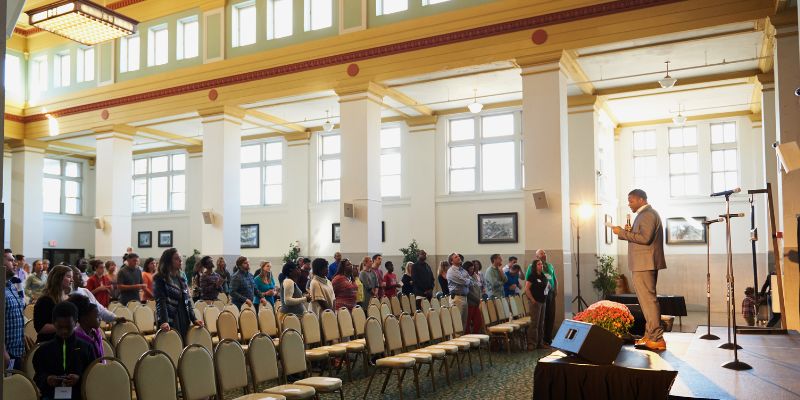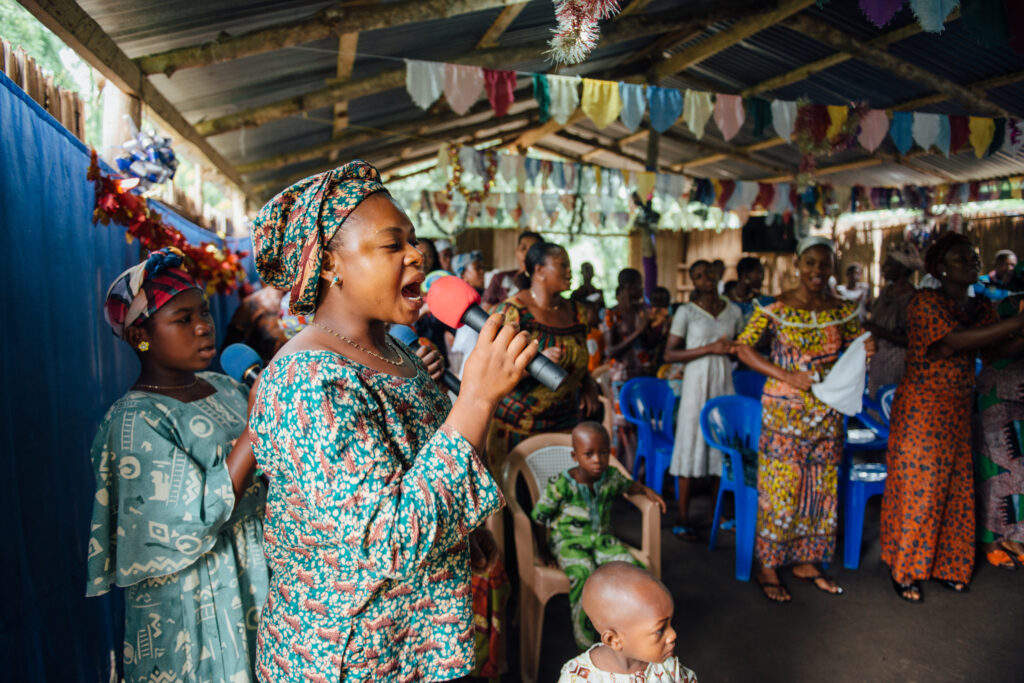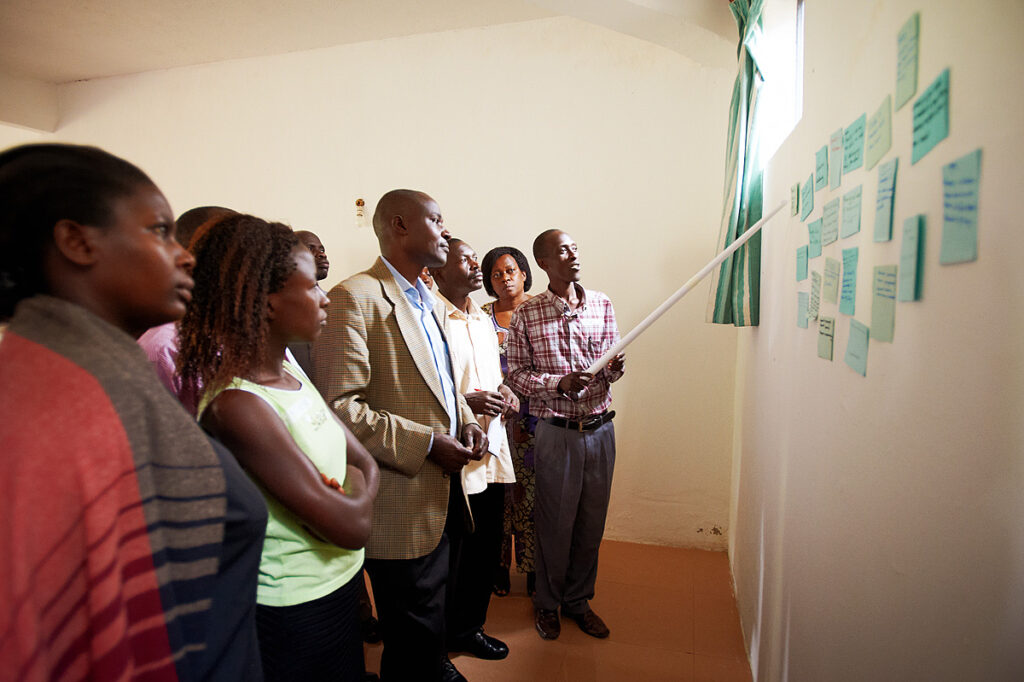Search
Categories
Tags
Partnering with Ministries Well…as Givers
Last month, Chalmers partnered with True Charity to share a framework for effective generosity in a joint webinar: Helping Without Hurting in Generosity: A Donor’s Guide to Effective Giving.
𝘍𝘢𝘪𝘵𝘩 & 𝘍𝘪𝘯𝘢𝘯𝘤𝘦𝘴: Supportive Communities of Change
A little change can add up over time.
This was true with the cans of pennies, nickels, and dimes my dad used to collect, and it is true for people in Faith & Finances classes.
𝘐𝘯𝘯𝘰𝘷𝘢𝘵𝘦 Equips Christians to Solve Local Challenges with Local Resources
In the far north of Uganda, for the first time in our team history, The Chalmers Center equipped refugees to be Innovate: Local facilitators. Working with Compassion International Uganda, Chalmers trained and certified 35 men and women in Adjumani, Uganda, just over an hour from the border with South Sudan.
Advent and Poverty Alleviation
The longing of Advent infuses our work at the Chalmers Center. Our mission is to help God’s people rethink poverty and respond with practical biblical principles so that all are restored to flourishing.
We Need a Better Story
We often build poverty alleviation initiatives that are designed to help poor people pursue the American Dream. But what if all of us—poor and non-poor alike—need a different story?
Giving Well at Year-End
As the holiday season approaches, opportunities for volunteering and drives for giving to local charitable organizations and church programs start to pop up regularly.
Remembering the Bigger Story
Editor’s Note: This week, we’ve invited one of our newest staff members, Elijah Tanner, Director of Strategic Partners, to reflect on some ways his on-the-job learning with us is helping him see how God is at work in our lives and the ways we serve others
God Is At Work—Even In Our Mistakes
The work of creating a benevolence ministry that provides material assistance to those in need without creating or perpetuating unhealthy dependencies is challenging. It’s important for churches and ministries pursuing this work to come from a position of humility. Approaching church benevolence with the right posture should drive us to the cross, as it creates the opportunity for us to see our own sin and our own inadequacy. We cannot independently generate change in systems, people, and communities, but that does not hinder the work of the Holy Spirit.
Chalmers Staff Grows in 2025
025 has been an exciting season of growth for Chalmers.,Last year we moved our offices to downtown Chattanooga — a more central and spacious location. Now, with that foundation in place, we’re stepping into the next phase of ministry with the addition of several key team members who bring rich experience and a shared passion for equipping the Church to walk alongside people experiencing poverty. We’re pleased to introduce the newest members of the Chalmers team!
Transformation and Flourishing with 𝘐𝘯𝘯𝘰𝘷𝘢𝘵𝘦: 𝘓𝘰𝘤𝘢𝘭
Chalmers is taking an exciting step in our partnership with the Free Methodist Church (FMC) in Latin America as we equip them to implement and scale Innovate: Local. This training prepares local churches and para-church ministries in the Majority World to use their own talents and resources to develop holistic poverty-alleviation ministries that meet the unique needs of their communities. Empowering participants to create and launch their own solutions helps ensure local commitment to long-term change.
My Favorite Moment of 𝘍𝘢𝘪𝘵𝘩 & 𝘍𝘪𝘯𝘢𝘯𝘤𝘦𝘴
I have the unique privilege of experiencing the Chalmers Center’s Faith & Finances program from two distinct vantage points: as chair of Chalmers’ board and as a facilitator of the class where I live in Oklahoma City. This dual perspective has given me insights into not just what this program accomplishes, but how it transforms lives in ways that go far deeper than budgeting basics.
Using Your Social Capital To Benefit Others
One of the key messages of our book When Helping Hurts and the rest of our trainings and resources at the Chalmers Center is that how we give matters most. This means that we often need to give more, but not just money. Long-term, transformative ministry is highly relational, and that means giving of our time, energy, and networks—in short, our social capital.
Map Your Community
When local churches try to engage in ministry that allows their members to be more present in the community around them—outreach, evangelism, or mercy and benevolence work—they often recognize that connecting with others is much more complex than they expect. Leaders and volunteers can end up feeling disconnected from the more natural pathways to connection and relationship-building that seem to work in other areas of their lives.
Mapping Your Church’s Assets
Local churches that have been engaged with a biblical framework for addressing poverty or have used various tools and trainings from the Chalmers Center know that one of the biggest keys in a healthy ministry is taking an asset-based, rather than a needs-based approach. An asset-based approach helps us see that all people, both those who are materially poor and those with material wealth, can contribute to poverty alleviation efforts.
Measuring Impact in God’s Story—Part 2
As we wrap up our series on Generosity in God’s kingdom story, we’ve shared about the importance of giving in ways that lead to flourishing for both givers and receivers, and the challenges of measuring the impact of our work according to God’s story, and not just outputs of our ministry efforts.
Measuring Impact in God’s Story—Part 1
As we’ve been writing this month around the theme of Generosity in God’s kingdom story, we’ve shared about the importance of giving in ways that lead to flourishing for both givers and receivers. God calls us to live into God’s story of change: pursuing His goals but also His way of achieving those goals. This raises the question of effectiveness, though. How do we know that we’re giving well?


